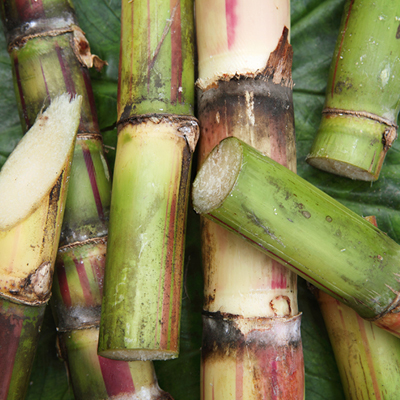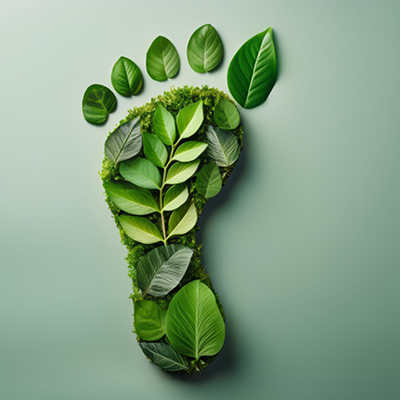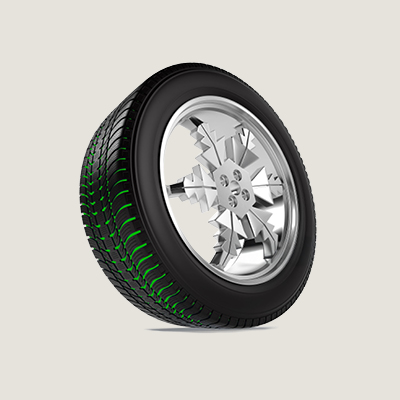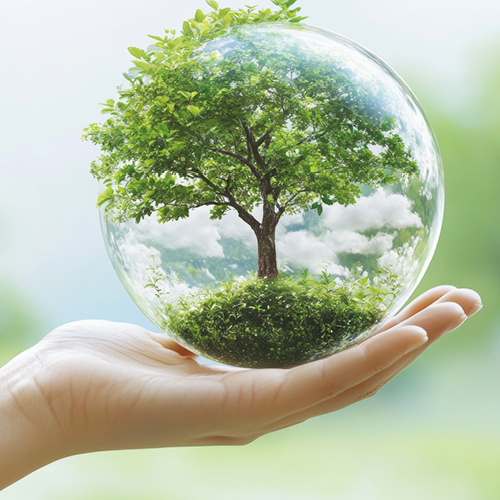

Elastomer
Division:
Driving
Circular
Innovation
Using Renewable Feedstocks for Sustainable Performance
We have expanded our product portfolio to include bio-based polymers made from beta-farnesene, a monomer derived from sugarcane, promoting the use of renewable resources while delivering exceptional performance and versatility.
SEPTON™ BIO-series is made from beta-farnesene and styrene blocks (HSFC), containing 50–80% biomass content. This versatile polymer delivers superior grip, strong adhesive force, and excellent damping properties—making it ideal for a wide range of applications. By using the SEPTON™ BIO-series, you can increase the biomass content in your final products, contributing to more sustainable product development.
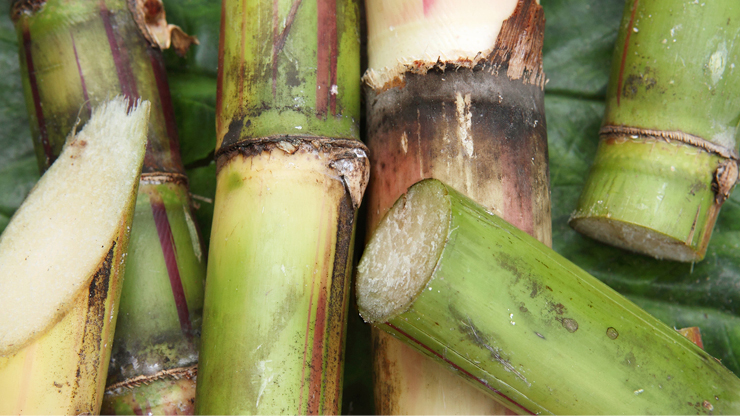
Liquid Farnesene Rubber, produced from beta-farnesene (homopolymer) or beta-farnesene and butadiene (farnesene-butadiene copolymer), is primarily used in tires and other automotive components. This bio-based rubber helps to reduce reliance on fossil-based materials in the automotive industry—supporting the transition to a circular economy.
SEPTON™, HYBRAR™, and KURARAY LIQUID RUBBER, produced at Kashima plant, are now ISCC PLUS certified, aligning with the global shift toward a circular economy and bioeconomy.
What ISCC PLUS Certification Means
ISCC PLUS is an internationally recognized certification designed to validate the sustainability characteristics of alternative feedstocks. It ensures that bio-based and recycled certified raw materials are properly managed through the mass-balance approach across the supply chain, including the manufacturing process.
Benefits of ISCC PLUS Certified Products
- Equal performance to conventional fossil-based products
- Matches the quality of the equivalent grade
- No material requalification is necessary
Reducing Carbon Footprint of Products (CFP)
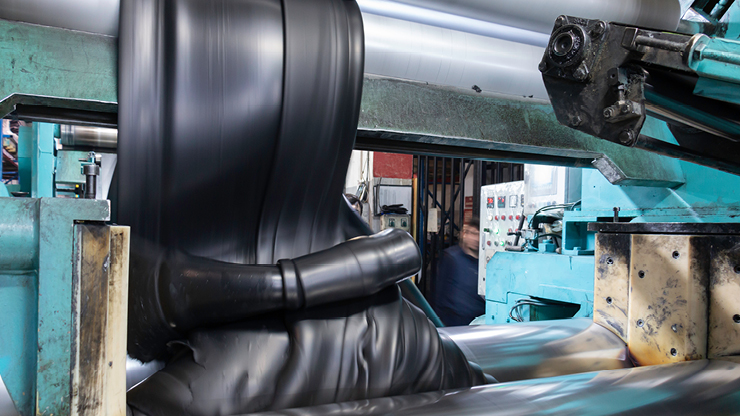
Reducing Energy Use in Rubber Production through Reactive Plasticizers
KURARAY LIQUID RUBBER is a reactive plasticizer that enhances performance and enables lower energy processing of rubber formulations, helping to reduce the environmental impact of rubber manufacturing.
By incorporating KURARAY LIQUID RUBBER L-IR-50 into natural rubber, Mooney viscosity can be reduced by up to 15%, making rubber processing smoother and more energy-efficient. This results in lower power consumption in mixing equipment, reducing overall energy use during the mixing process, contributing to more sustainable production and supporting the transition to a circular economy.
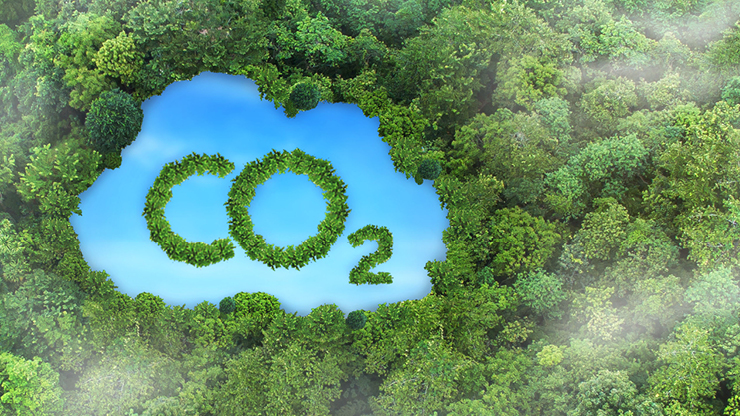
Tracking Carbon Footprint with Transparency
Since 2022, the Elastomer Division has been providing customers with detailed carbon footprint of products (CFP) data across many grades in our portfolio—supporting customer sustainability goals and transparency in the value chain.
The CFP measures CO₂-equivalent (CO₂e) emissions using a cradle-to-gate approach. This includes all emissions from raw material extraction, through manufacturing, to delivery at the factory gate—offering a clear view of each product’s global warming potential (GWP).
Elastomer Division is committed to accurate and transparent reporting. Our CFP calculation method makes reference to major international standards:
- ISO 14040:2006
- ISO 14044:2006
- ISO 14067:2018
The Kuraray Group recognizes climate change mitigation as a top priority and is actively working toward achieving net-zero carbon by 2050.
Extending Useful Life and Reducing Waste
Longer-Lasting Tires & Fewer Residues
KURARAY LIQUID RUBBER improves abrasion resistance by 12% compared with traditional oils in tire formulations, resulting in longer-lasting tires. This enhancement not only extends tire life, but also leads to a measurable reduction in Tire and Road Wear Particles (TRWP), a major source of microplastics entering the environment.
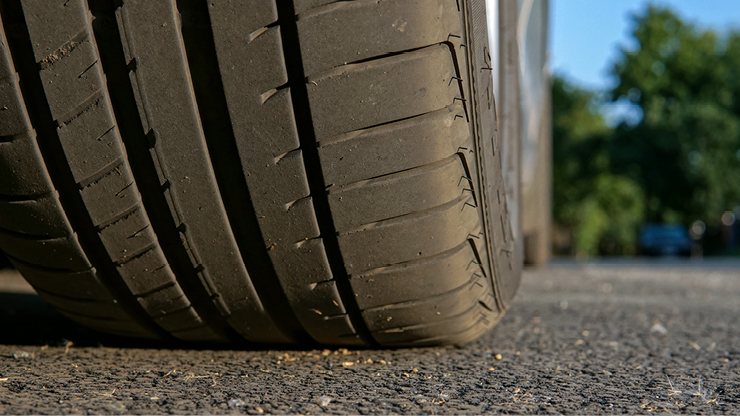
Improving Impact Resistance in Recycled Polyolefins
Recycling plastics is essential to achieving high circularity, but it poses technical and economic challenges, such as material degradation over time—loss of strength, elasticity, and, in particular, impact resistance.
To address this issue, we offer SEPTON™ and HYBRAR™, which are highly compatible with polyolefins such as polyethylene (PE) and polypropylene (PP). These thermoplastic elastomers (TPEs) can be added to recycled plastics to act as impact modifiers, improving impact resistance and durability without compromising processability or recyclability.
By incorporating SEPTON™ and HYBRAR™, manufacturers can enhance the performance of recycled materials, supporting circularity and reducing dependence on virgin plastics.
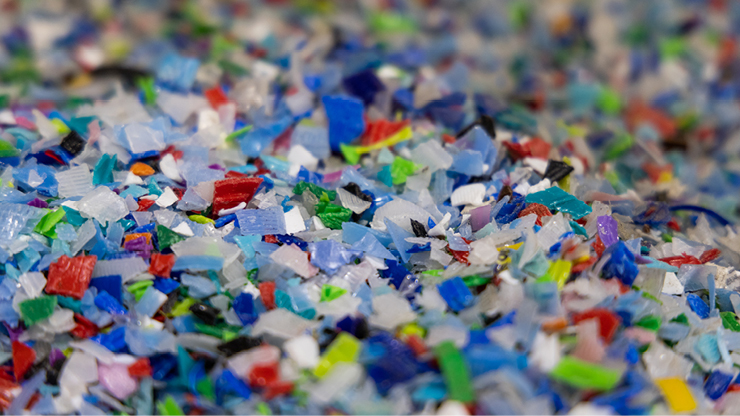
“At Elastomer Division, we never limit our challenges. We challenge our limits. We are designing sustainable chemistry to contribute to a greener and safer planet.”
Elastomer Sustainability Team
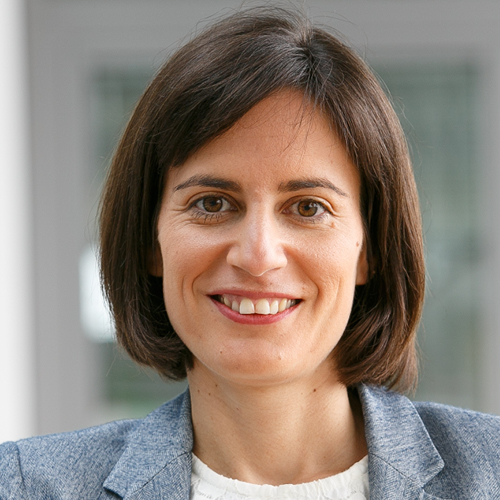
Martinez Velencoso, Maria
Kuraray Europe GmbH

Tran, Hoan
Kuraray America, Inc.
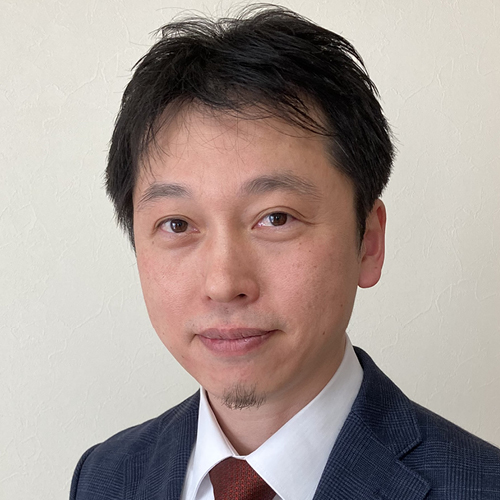
Morishita, Yoshihiro
Kuraray Co., Ltd.
Contato

